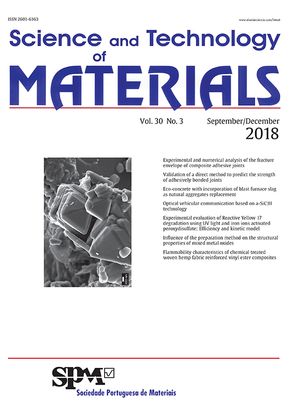A importância do papel desempenhado pelos isolantes líquidos no bom funcionamento dos transformadores eléctricos, associada ao constante aumento das preocupações ambientais em caso de incêndio, explosão, ou eventuais fugas, que podem ocorrer nestes equipamentos, faz com que os óleos vegetais tenham vindo a ser investigados com um crescente interesse, para substitutos dos óleos minerais. Neste artigo, é efetuada a revisão do estado da arte, relativamente à comparação dos óleos vegetais com os óleos minerais, em termos das suas propriedades, incluindo ainda a influência destes óleos na degradação do papel isolante neles imerso. Apresenta‐se também um resumo das principais vantagens dos óleos vegetais, em relação aos óleos minerais, identificando ainda as principais melhorias que mais recentemente, têm vindo a ser introduzidas nos primeiros. Apesar de, a nível mundial, já existirem a funcionar e com boa “performance”, algumas centenas de transformadores cheios com óleo vegetal, a sua utilização continua a ter ainda um enorme potencial de crescimento, como fluidos alternativos aos óleos minerais, para cumprirem as funções de isolante e fluido arrefecedor em transformadores, para além de elemento extintor do arco eléctrico. Para tal, é imprescindível o esclarecimento de algumas dúvidas sobre os pontos fortes e fracos destes óleos, que aqui pretendemos ajudar a clarificar.
The importance of the role played by insulating liquids in the good performance of transformers, associated to the increase of environmental concerns, in case of fire, explosion, or possible oil leaks, explains the increased interest in the research about the use of vegetable oils (an earth friendly and fire resistant product), in electrical industry, as substitute of minerals oils. This paper presents the comparison of vegetable oils with mineral oils, in terms of their properties including their influence in the degradation of paper immersed in those oils. It is also presented here, the main advantages of vegetable oils, and the most important improvements that have been recently introduced in such oils, based mainly on experimental research data from laboratory. In spite of the fact that some hundreds of transformers filled with vegetable oils have been working worldwide with good performance, these oils have, until now, a limited use. So, there is a high potential increase for their application, as substitutes of mineral oils, playing the role of electrical insulating, coolant and arc quenching fluid, in electrical transformers, what demands a better knowledge about these fluids. So, the clarification of some doubts, in this field, is one of the main goals of this paper.





